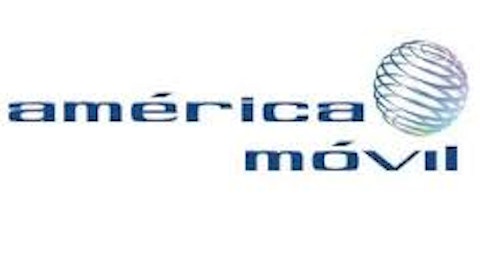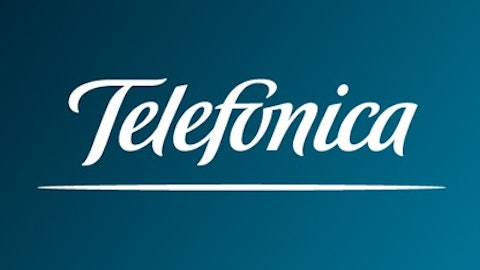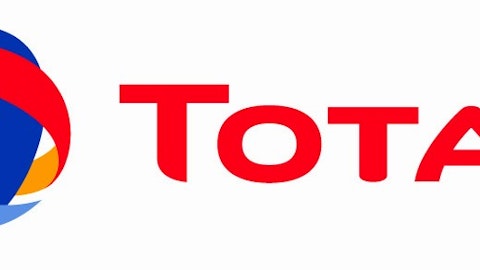Spanish powerhouse Telefonica S.A. (ADR) (NYSE:TEF) may have just scored a knockout punch in Germany.
On July 23, it announced it would purchase E-Plus, the German unit of Dutch carrier KPN . This move would combine KPN’s and Telefonica S.A. (ADR) (NYSE:TEF)’s German units, creating the largest carrier in Germany. It’s a serious blow to Germany’s current market leader, British heavyweight Vodafone Group Plc (ADR) (NASDAQ:VOD), and to the current No. 2, homegrown favorite Deutsche Telekom.
But since July 23, these stocks have barely budged:

More “vanilla” than “Thrilla in Manila.” What the heck is going on?
A longtime rivalry
Germany is the strongest cellular market in the beleaguered Eurozone, with more than 114 million wireless subscriptions . And because its economy is comparatively stable, rates have remained relatively high. So it’s no surprise that many telecoms are after a bigger piece of the strudel.
Up until this year, Deutsche Telekom was the undisputed leader in German cellular. But then, in June, Vodafone Group Plc (ADR) (NASDAQ:VOD) struck, acquiring German cable/telephone provider Kabel Deutschland for $10 billion.
Vodafone Group Plc (ADR) (NASDAQ:VOD) was already the second-largest cellular provider in the world. This move made it the No.1 provider in Germany, with a 32% market share. Deutsche Telekom, with 30%, found itself in an unhappy second place. Telefonica S.A. (ADR) (NYSE:TEF) was a distant third and KPN fourth.But not for long.
With its announcement on July 23, Telefonica S.A. (ADR) (NYSE:TEF) proposed combining its German O2 unit with KPN’s E-Plus unit, creating the largest carrier in Germany with about 38% of market share. This move clearly trumps Vodafone Group Plc (ADR) (NASDAQ:VOD)’s June purchase. So why aren’t these stocks moving?
The ref intervenes
First and foremost, nobody actually knows whether or not the Telefonica S.A. (ADR) (NYSE:TEF)-KPN merger will be allowed. The telecom industry is one of the most heavily regulated on the planet, and Germany is no exception.
Since regulators have already approved Vodafone Group Plc (ADR) (NASDAQ:VOD)’s acquisition of Kabel Deutschland, another merger would leave Germany with only three major providers, fewer than any of Europe’s other large markets. That might be too big a pill for Eurozone regulators to swallow.
True, the EU has allowed some recent telecom mergers and purchases, including one in Austria. But these deals have been subject to intense scrutiny, yearlong review processes, and in the case of Austria, strict controls on the eventual deal. It’s a necessary step, but not one that anyone looks forward to.
Even Telefonica seems to be bracing to have to “go the distance” when it comes to regulation; it announced that it doesn’t expect the deal to go through until mid-2014. Analysts agree.
“In an environment where in-market consolidation has been put under intense regulatory scrutiny…we believe such a deal would face significant hurdles,” writes Jefferies analyst Ulrich Rathe.
Throwing the match?
Surprisingly, it’s possible that the merger might not make it to the regulators at all. The Financial Times reports that America Movil SAB de CV (ADR) (NYSE:AMX), KPN’s largest shareholder, hasn’t signed off on the deal yet.
America Movil SAB de CV (ADR) (NYSE:AMX), of course, is the Mexican telecom giant controlled by billionaire Carlos Slim. The Financial Times quotes unnamed sources as saying that two members of the KPN board of directors who were appointed by America Movil SAB de CV (ADR) (NYSE:AMX) voted against the merger. Considering Telefonica is América Móvil’s strongest competitor in Latin America, perhaps Slim isn’t too keen on seeing it strengthen its position in Europe.
The bookmakers say…
While this fight may seem huge, Germany is just one market (albeit a significant one) in just one region of a massive global mobile pie. How you place your bets on these contenders is going to depend not only on the outcome of this one bout, but your assessment of the overall global situation as a whole.
As I mentioned, Vodafone is a massive company, the second-largest mobile provider in the worldbehind the Chinese government-owned China Mobile. Since its Kabel Deutschland merger has been approved, it’s already factored into the share price. And I don’t see any possible outcome of the German situation having much upside for Vodaphone. While I like its 5.25% dividend, I think there are better places for your money right now.




